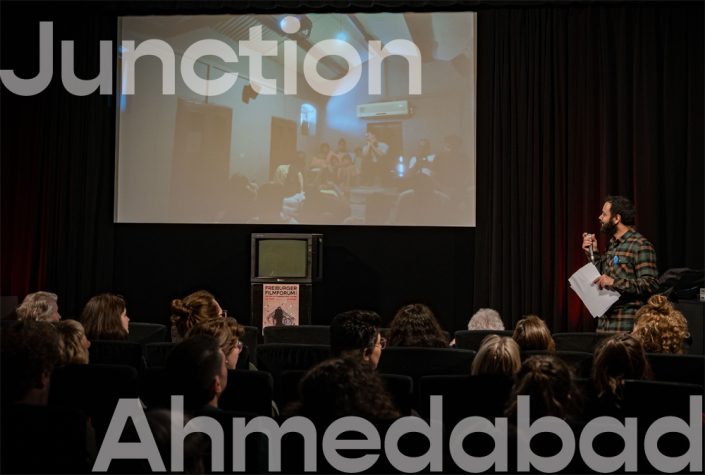In a Lausanne housing block with 80 tenants who have multi-lingual names that the mailman will never be able to remember, the renters from many different nations share four washing machines and dryers. Each housing unit is allowed to do laundry once a week for two hours. This may sound simple, but it does not work well. Despite the schedule on the wall, the new washing woman Claudina is continuously bombarded with all sorts of complaints, and not only regarding the laundry. As the machines whirl and spin, people’s frustrations boil over.
Virtually the entire film, the camera stays in the narrow hallway, where the miniscule washroom is wedged between the entrance and the elevator (not in the basement, as one would expect, because that is where several prostitutes live). It is right in the middle of constant coming and going. This tight space becomes the stage where tensions build up. The film team is also drawn into the drama. The key to the washroom may not be the key to the world, but it unlocks the door to a highly topical film about everyday life in Europe, not just on society’s margins.
“Frédéric Florey and Floriane Devigne take us on a static journey of discovery into a rarely seen world inside Switzerland: the world of the socially excluded people. It is a rather black comedy set inside the laundry room of a Lausanne apartment block. The foundations of society itself are sketched out or perceived in this microcosm where dirty laundry is almost aired in public.” (www.visionsdureel.ch)









